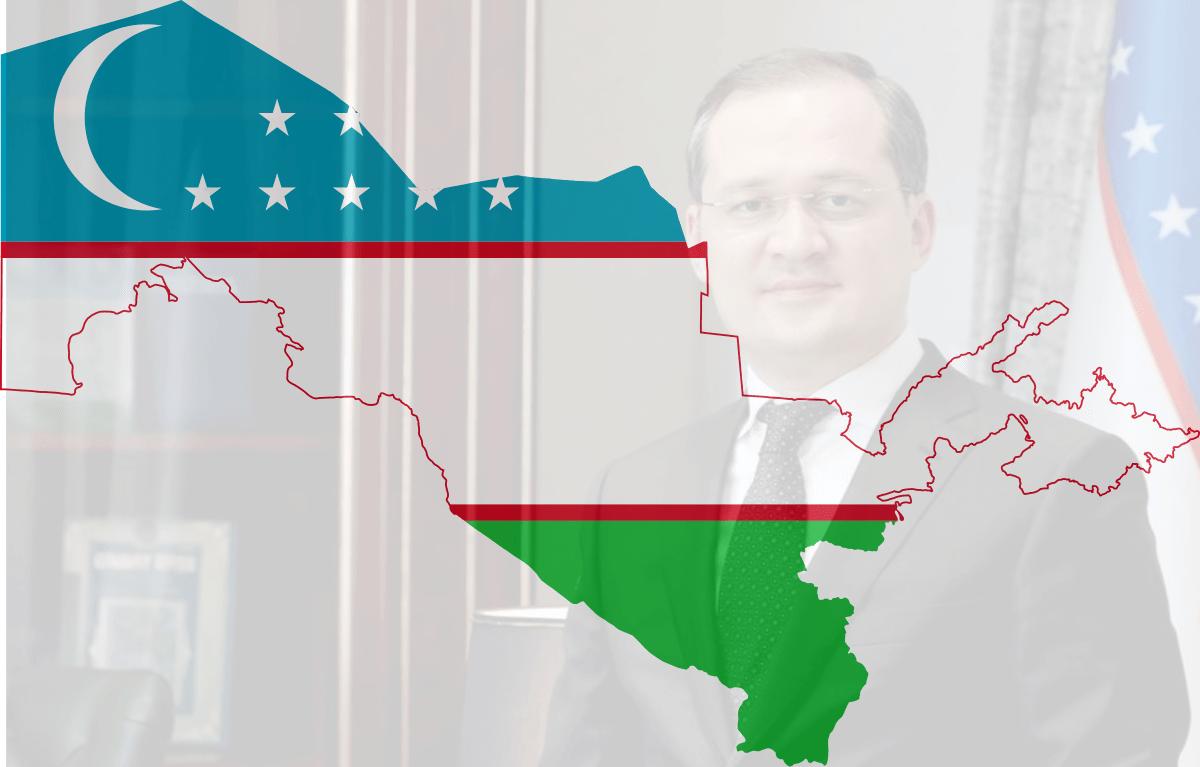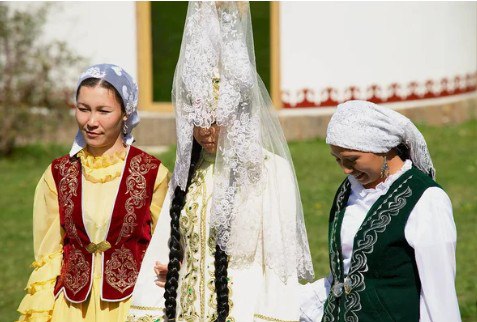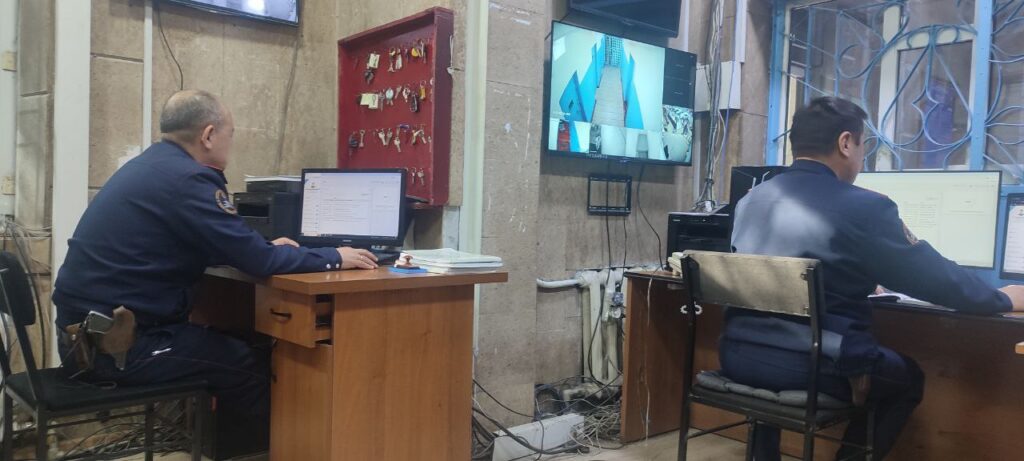Several suspects have been arrested in Uzbekistan following a shooting attack on a vehicle in a case that is being treated as attempted murder, according to the prosecutor general’s office. The investigation and public uncertainty about some of the key details of the assault has highlighted tension in Uzbekistan over the role of media and state control of the flow of information.
The attack by two people early Saturday, a type of violence that is rare in Uzbekistan, prompted a flurry of reports by Uzbek media organizations and social media posts that a former high-profile figure in the government of President Shavkat Mirziyoyev was traveling in the vehicle and was the target. The organizations did not identify their sources.
Authorities did not directly confirm or deny the reports, but they warned that people who spread false information can be prosecuted because it can lead to panic and destabilize society.
“The Prosecutor General’s Office is conducting investigative actions concerning the criminal case related to the attempted murder in Qibray,” the office said, referring to an area in the Tashkent region where the attack occurred. “During the investigation and operational search activities, three additional individuals involved in committing this crime were identified and detained as suspects.”
The arrests brings the total number of people in detention to four. The prosecutor general’s office has not commented on widespread Uzbek media reports that Komil Allamjonov, former chief of the presidential information department, had survived an attempt to kill him. But it has said in a separate statement that “unverified and baseless information” about the case “has been widely circulated on social media, lacking reliance on credible official sources.”
The statement continued: “The law clearly defines both rights and responsibilities in the information sector—bloggers, group admins, and social media channel operators with large audiences should particularly be aware of this. Many in the public may accept any information they disseminate as fact. Media representatives must also adhere to the applicable legal norms in the same way that state agencies are required to.”
The office appealed to media outlets to “rely on and reference only official information” that the prosecutor general’s office provides about such investigations.
The law in Uzbekistan says the spread of false information that leads to the denigration of “a person´s dignity” or threatens “public order or security” can lead to prison sentences; advocates of freedom of expression say such regulations are used to muzzle criticism of the government. A recent criminal case against a blogger who made comments deemed to be offensive shows how the state seeks to regulate speech.
For now, questions remain about the weekend attack on the vehicle. Inadvertently or not, at least one Uzbek media outlet was still linking Allamjonov to the case, even though authorities have not publicly mentioned him. An online headline in UzDaily.com read: “Three more suspects in the attempted assassination of Komil Allamjonov detained.”









